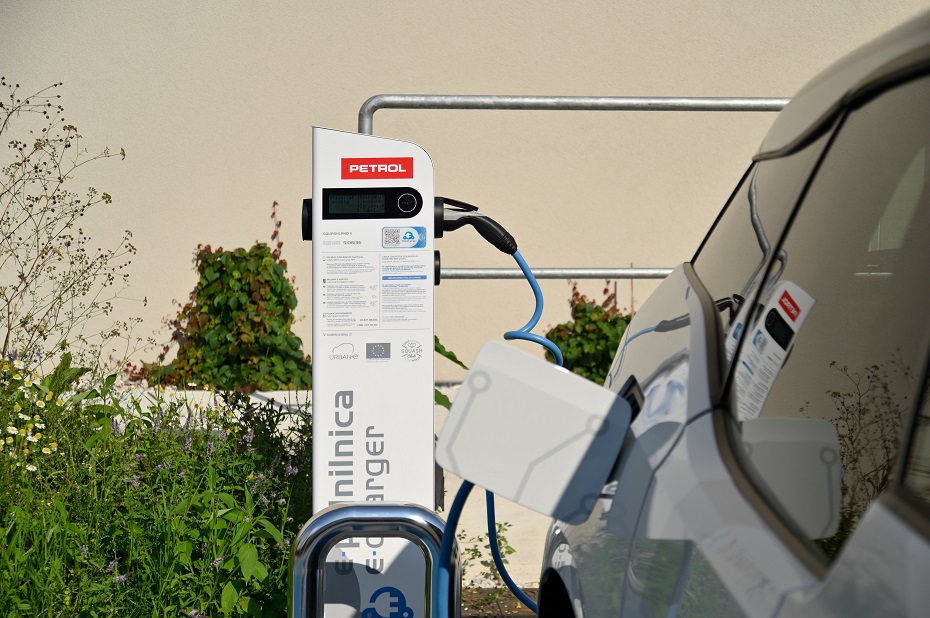Petrol to offer more than 1,300 new EV charging stations by 2025; a new price list for charging will apply soon
Petrol, as the most comprehensive provider of sustainable mobility in the region, ambitiously continues its journey to a low-carbon future. A new charging price list at Petrol's EV charging stations will apply from 15 February, which represents an important step in the further development and expansion of the EV charging infrastructure in the region. With the recent overhaul of the OneCharge system, the price of charging will be based on the amount of energy consumed, and not on the time spent at charging stations.
After seven years of providing charging services for free, Petrol will join other major charging services providers on the domestic market, and will start charging for the use of public AC charging stations with a rated power of up to 22kW. From 15 February, drivers of electric vehicles will charge their cars at Petrol's charging stations in accordance with the new price list.
Petrol's highly ambitious goals - including the installation of more than 1,300 electric charging stations by 2025 - and the desire to provide the best user experience, require constant development, and consequently, high investments. “The majority of our charging stations are already powered by clean energy from renewable sources, and we are constantly expanding our roaming network at charging stations abroad, all with the clear goal of realising the company's vision of becoming an integrated partner in energy transition, with an excellent user experience," says Tadej Smogavec, PhD, the Sustainable Mobility Development Manager at Petrol, who at the same time emphasises that solid, stable foundations are needed for development and innovative environmentally friendly solutions.
Pricing based on the amount of energy consumed
The fact that customers or users are at the heart of Petrol’s business is proven by the overhauled backend management system of the EV charging stations, which from now will calculate the price of charging (AC, DC, and UC charging stations), based on the amount of energy consumed, and not on the basis of the time the vehicle spends plugged into the charging station. “Our users requested this change and we listened to them. At Petrol, we are constantly collecting feedback from the field, and we are always trying to fulfil users’ wishes and needs. We believe that the key factor for the development of sustainable mobility is the establishment of suitable EV charging infrastructure in the strategically most important, frequented, central, and transit locations: in public car parks, in parking garages, in tourist spots, and along motorways,” added Dr Smogavec.
Development of new solutions in the field of sustainable mobility and sustainable mobility services represents an important pillar of Petrol’s sustainable and innovative business. The Petrol Group focuses on two segments in terms of mobility. The first is related to the charging infrastructure, which means the establishment, management, and maintenance of the infrastructure for charging electric vehicles and the provision of charging services. The second segment includes mobility services, such as operating lease, electrification of vehicle fleets, and vehicle fleet management services.

